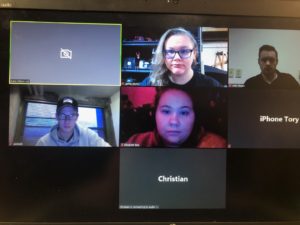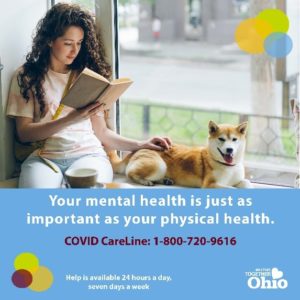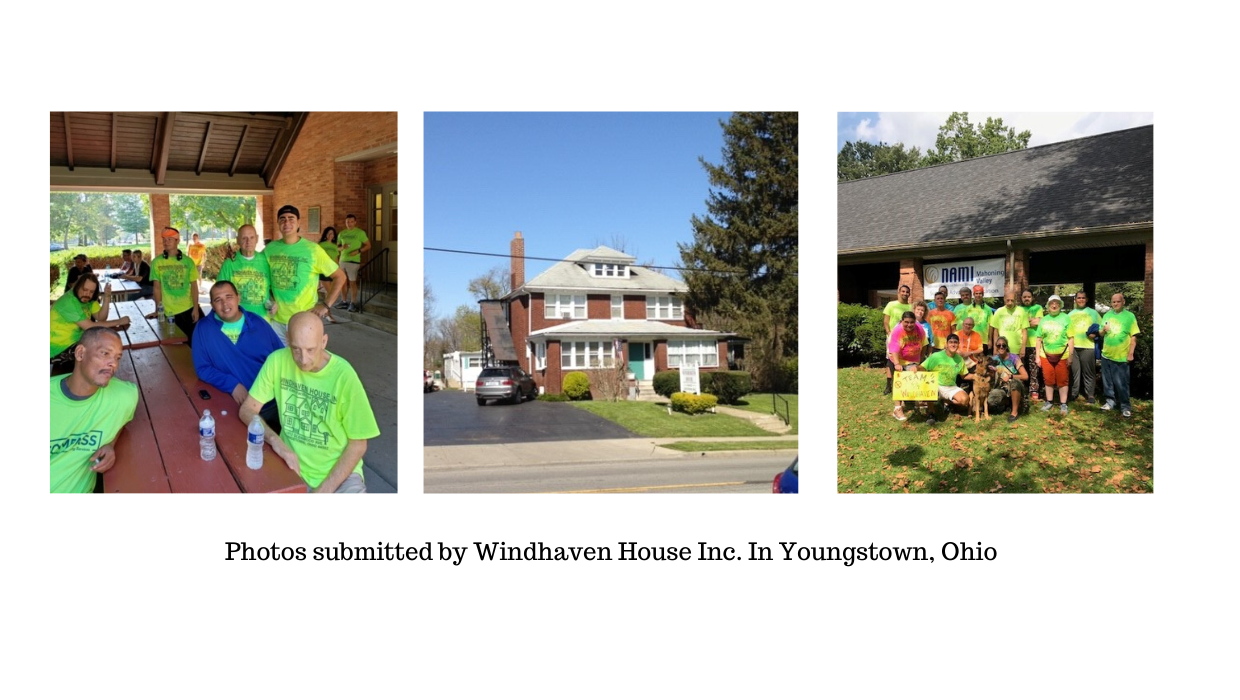Working with Youth During a Pandemic
Working with Youth During a Pandemic
The YouthMOVE Ohio State Council Continues to Work and Support Youth During Covid-19 Crisis
YouthMOVE (YM) leaders across Ohio have worked to create ways to support each other and their communities during the Shelter in Place order. YouthMOVE had to cancel all in person meetings and trainings scheduled this spring due to the COVID-19 crisis, however, instead of suspending their work the youth council created a plan to move forward virtually.
YouthMOVE is a program under NAMI Ohio and members include youth and young adults, ages 14-26, who have lived experience in multiple systems including: Behavioral Health, Foster Care, Homelessness, Developmental Disabilities, Juvenile Justice, and Education. These youth and young adults represent 19 rural and urban counties across Ohio. Council members provide feedback and guidance to state agencies concerning youth issues and programs across systems and work with NAMI Ohio to advocate for the needs of children and families. In addition, these council members work to create local projects in their own communities to help promote mental wellness.
In the time of COVID-19, YM members recognized how difficult it is to keep safe and healthy during Shelter in Place. They are concerned about their communities and about their peers. In order to support each other and continue their work, they have developed a process of checking in with each other and with their peers every week. This includes increasing our contact through weekly zoom meetings, individual calls, emails, and group messaging. They did not let COVID prevent them from holding their weekly scheduled state meeting and successfully held an all-day virtual meeting with 21 –participants from 14 counties around Ohio. The meeting was structured through a series of full council calls and small “break out” group calls to discuss three topics: how to help youth during Shelter in Place, how to help promote expanding youth peer support via online resources and how to expand our social media and increase communication among our peers.
This resulted in a decision to continue to meet virtually and check in with each other several ways a week. An additional goal was to identify ways to reduce social isolation among YM members and other youth. It is significant to note that the need for Youth Peer Support was expressed by all participants. Youth believe this should be the priority among partners and state agencies. With more youth at home and isolated, they moved their focus to researching online programs that offer peer services. Council members are exploring existing sites as well as the services provided. The goal is to provide input to state agencies regarding ways to help reach out to youth who are in need of services. This focus on peer support is ongoing primary issue for the council. The council has been working with state agencies to find best practices and evidence based programs that can be implement in Ohio. The youth council is committed to working harder to advocate for a youth peer support training and certification to provide critical services to youth. Of special concern is those who are more isolated during this pandemic.
Finally, youth council members believe and are grateful that Governor DeWine is making decisions to keep them safe at home. In addition, they feel their partners at the State and NAMI Ohio are genuinely concerned and supportive of creating the best programs and services to youth and their families. They concluded that, with the continued commitment and support of NAMI Ohio, they will be able to maintain their voice and make Ohio stronger for youth in crisis.
Photo of YouthMOVE Ohio Members on a Zoom Video Call





